Tone is one of the most important and least understood aspects of writing. As discussed in Write Better, the tone of a piece can convey more power, be more effective in communicating content than the bare information of our words.
Usually tone is created over paragraphs and pages. But it can also be achieved in just a few words. Consider one example from Frederick Buechner’s Telling the Truth.
At the deepest level all hearers of the truth are the same hearer, and when I try to picture him or her, what I picture is the one who is famous for having asked to hear, who took a long drag on his cigarette and through narrowed eyes asked, “What is truth?”*
In this sentence, Buechner imagines Pontius Pilate in a modern-day setting. He has a tough job. Rome has given him a promotion, yes, but it is to oversee a troublesome backwater of the Empire. The locals are constantly causing trouble with their nationalist dreams and zealous, unorthodox spiritual beliefs.
Now he is irritated to have been awakened, early in the morning, by these vexing people to settle some arcane religious dispute. Pilate has seen it all—the deception, the grasping for control, the violence. He is under no illusions that people operate out of the sheer goodness of their hearts. They may talk a good game of morals but ultimately they are self-serving.
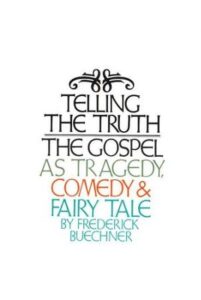 Pilate knows just what these leaders are up to when they bring this innocent man to him for judgment, and it isn’t truth. No one wants truth. They just want power.
Pilate knows just what these leaders are up to when they bring this innocent man to him for judgment, and it isn’t truth. No one wants truth. They just want power.
And how does Buechner convey all this? Through his tone.
And how does he convey his tone? In a sketch drawn with just two telling details—a long drag on a cigarette and narrowed eyes—while asking “What is truth?” In just a dozen words Buechner evokes every scene of every hardened detective in the film noir genre that exposes the dark underside of humanity.
How much more effective this is than saying, “Pilate was a cruel, jaded, Roman administrator,” which merely invokes facts and explanation!
Through memory and emotion, tone can do what every writer wants. It captures readers with a fuller, deeper, more soul-penetrating picture of the truth—in this case a sense that at some level, we are all Pilate.
* * * * * * *
*Thanks to Brian Zahnd for focusing my attention on Buechner’s quote in Zahnd’s powerful chapter on Pontius Pilate in his book, The Wood Between the Worlds. Among Zahnd’s many insights, he writes that when Jesus refuses to answer the governor, Pilate’s “fear gives way to anger: ‘Do you refuse to speak to me? Do you not know that I have power to release you, and power to crucify you?’ (Jn 19:10). And there it is! Pilate has answered his own question. What is truth? For Pilate the truth is nothing but power—especially the power to kill.” (The Wood Between the Worlds, pp. 73, 78)



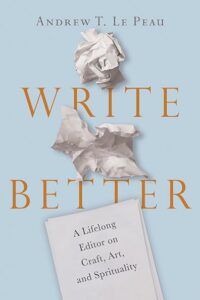
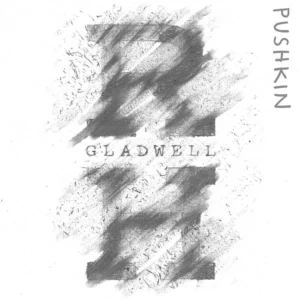 We could say something like, “But then I began to find evidence that contradicted my initial ideas.” Or, “I was stunned! Could I have been wrong about how beneficial intuition is?”
We could say something like, “But then I began to find evidence that contradicted my initial ideas.” Or, “I was stunned! Could I have been wrong about how beneficial intuition is?” In 1944 Charles Brady wrote a review of Lewis’s output up to that point, including the first installment of Lewis’s Space Trilogy,
In 1944 Charles Brady wrote a review of Lewis’s output up to that point, including the first installment of Lewis’s Space Trilogy,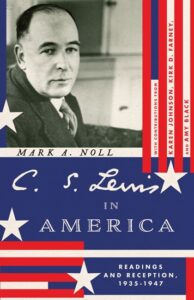
 That can sound eerily like many people today who only associate with those who share their political viewpoints and who only consume “news” from outlets (right or left) that they agree with. They may be unwittingly cooperating with their own mental and emotional exploitation.
That can sound eerily like many people today who only associate with those who share their political viewpoints and who only consume “news” from outlets (right or left) that they agree with. They may be unwittingly cooperating with their own mental and emotional exploitation.  Another traumatic event came in fifth grade. The teacher had us all stand around the perimeter of the room for a spelling bee. Somehow I was confident I would be standing a long time. My first word was swimming, and I knew I’d nail it. Only I spelled it with just one m, and in disappointment and shame I was told to sit down. I was stunned. How could that not be the right spelling ? To this day, I still wonder if that extra m is really necessary. Would anyone seriously be tempted to pronounce swiming with a long i?
Another traumatic event came in fifth grade. The teacher had us all stand around the perimeter of the room for a spelling bee. Somehow I was confident I would be standing a long time. My first word was swimming, and I knew I’d nail it. Only I spelled it with just one m, and in disappointment and shame I was told to sit down. I was stunned. How could that not be the right spelling ? To this day, I still wonder if that extra m is really necessary. Would anyone seriously be tempted to pronounce swiming with a long i? Is there a virtue in being a good speller for its own sake? I’m not sure. Is there value in memorizing the number pi to a hundred digits? Certainly as mental exercise. Perhaps not much more.
Is there a virtue in being a good speller for its own sake? I’m not sure. Is there value in memorizing the number pi to a hundred digits? Certainly as mental exercise. Perhaps not much more.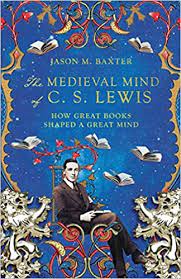

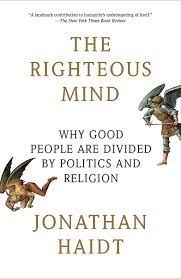
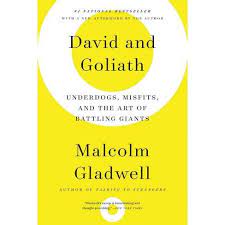
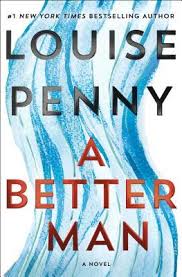
 Once upon a time, publishers could successfully sell books of not-so-famous authors through the thousands of bookstores spread around the country. But with the rise of e-sales and the resulting demise of two-thirds of all brick-and-mortar book shops, publishers have had to rely more and more on authors to make a book known.
Once upon a time, publishers could successfully sell books of not-so-famous authors through the thousands of bookstores spread around the country. But with the rise of e-sales and the resulting demise of two-thirds of all brick-and-mortar book shops, publishers have had to rely more and more on authors to make a book known.